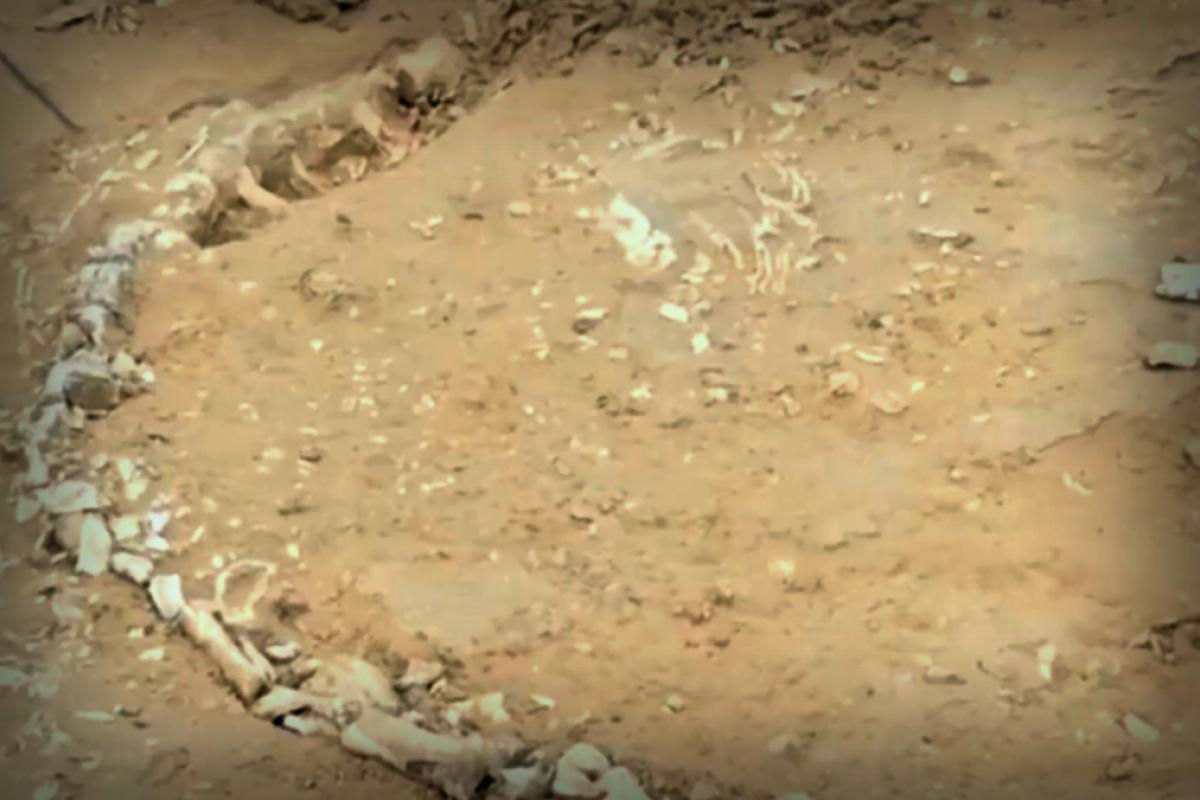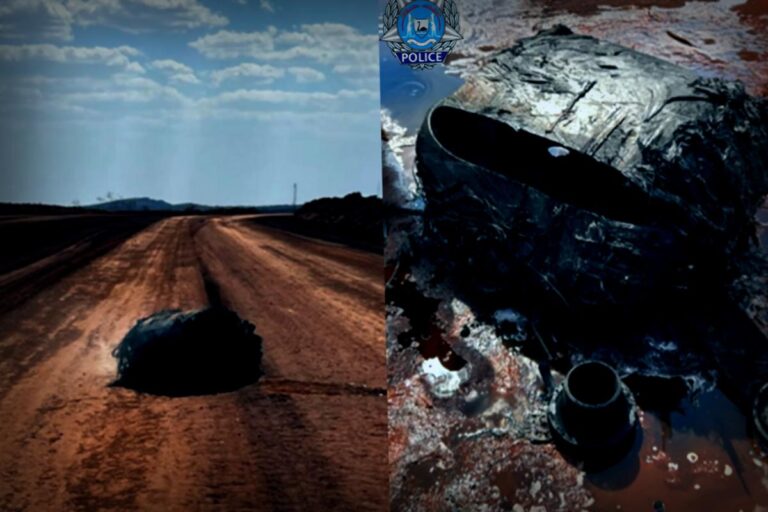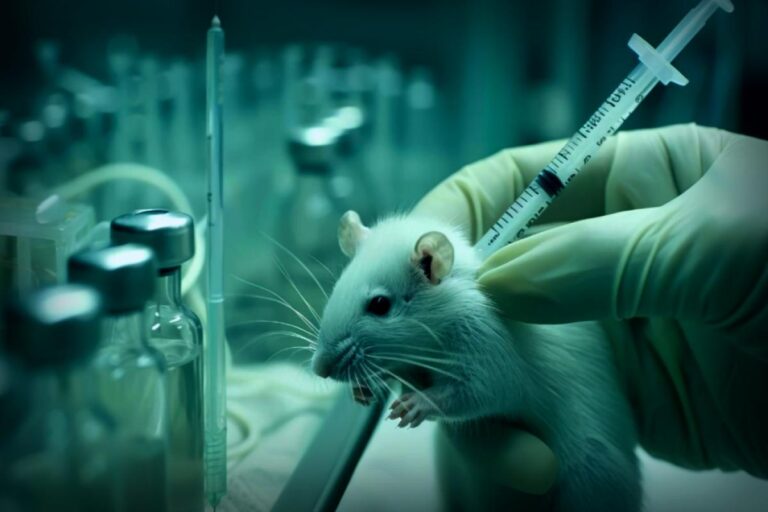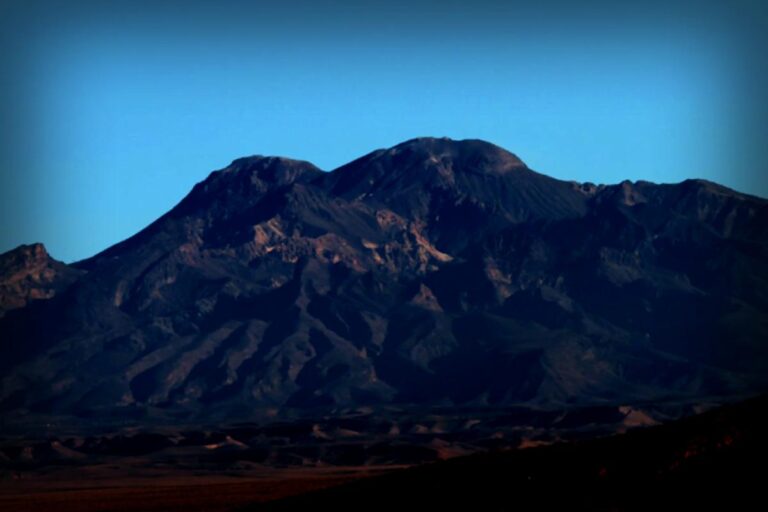An exciting discovery has been made in the western state of Rajasthan, where researchers have unearthed a fossil of an unusual crocodile-like creature from the Jurassic period.
This ancient relic, known as a phytosaur, ranges from 1.5 to 2 meters in length and is believed to date back more than 200 million years.
The fossil was found in Megha village, nestled in the Jaisalmer district, by Dr. Narayandas Inkhiya, a senior hydrogeologist, and his team from the state’s water department.
Dr. Inkhiya shared with the BBC that the digs may unveil “many more hidden fossils” in the area, possibly shedding light on evolutionary history.
Moreover, he mentioned the potential for this location to rise as a hub for fossil tourism.
According to geoscientist CP Rajendran, the phytosaur was semi-aquatic, thriving both in water and on land. He emphasizes that this species eventually led to the crocodiles that exist today.
The fossil was initially spotted by villagers, who noticed unusual shapes in the ground while excavating a lake and promptly alerted the authorities.
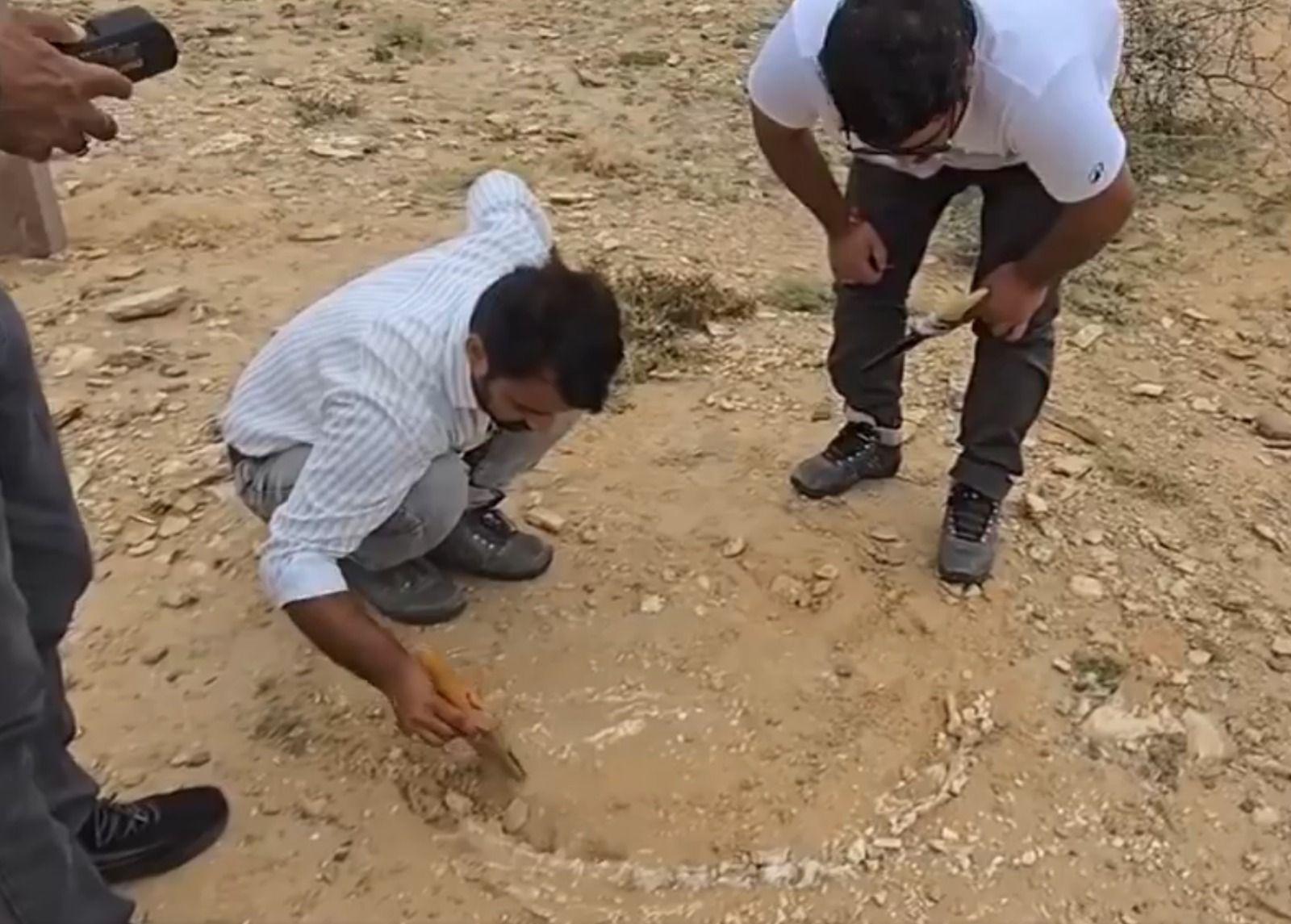
Digging further at the site also revealed what appears to be a fossilized egg, thought to belong to the same reptilian species.
VS Parihar, a leading palaeontologist on this project, conveyed to NDTV that the fossil mirrors a medium-sized phytosaur that likely fed on fish near ancient river systems.
Mr. Rajendran noted the rarity of this find, indicating that only a handful of phytosaur remains have been discovered worldwide.
While this revelation is exciting, it isn’t entirely unexpected since the region was likely located between a river and a sea millions of years ago.
Jaisalmer is part of a geological structure known as the Lathi formation, a place where dinosaurs roamed during the Jurassic era, according to Dr. Inkhiya.
This isn’t the team’s first monumental discovery; earlier in 2023, Dr. Inkhiya found a fossilized egg believed to belong to a dinosaur in Jaisalmer.
In addition, back in 2018, a team from the Geological Survey of India had discovered fossils from what is now recognized as the oldest herbivorous dinosaur in the area.





